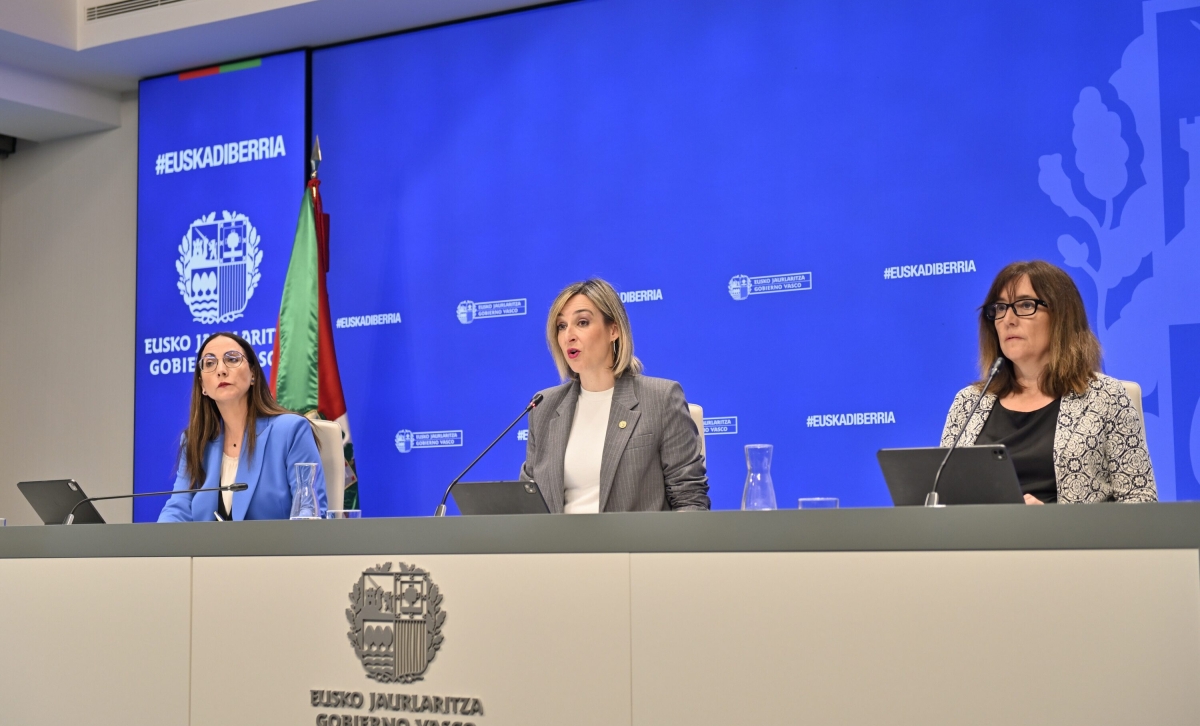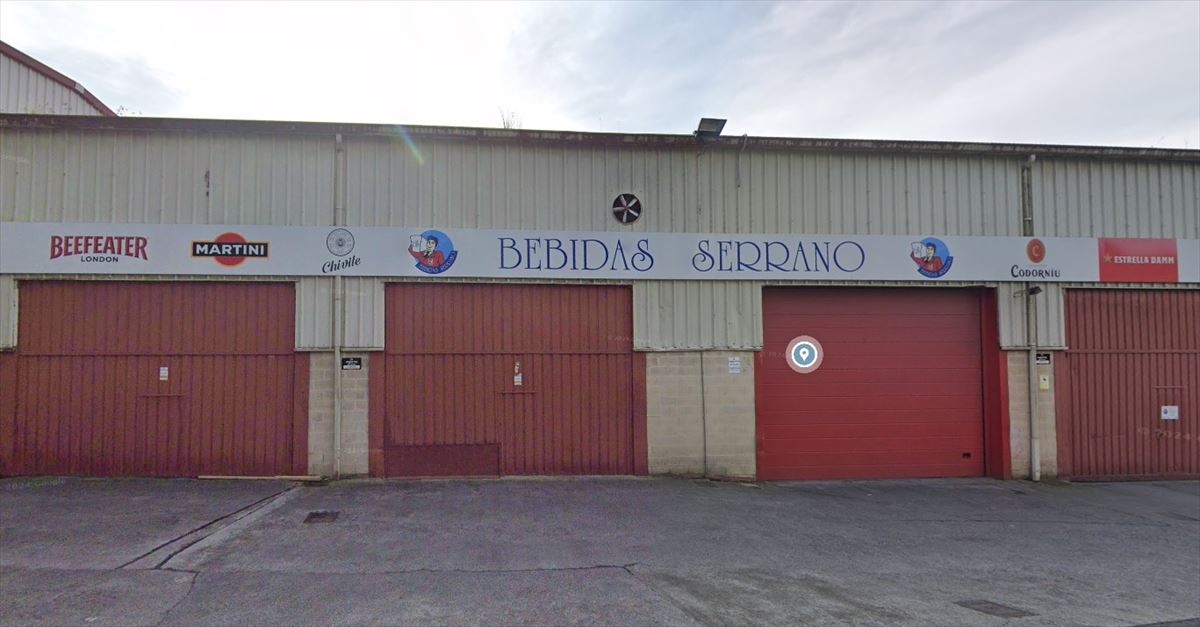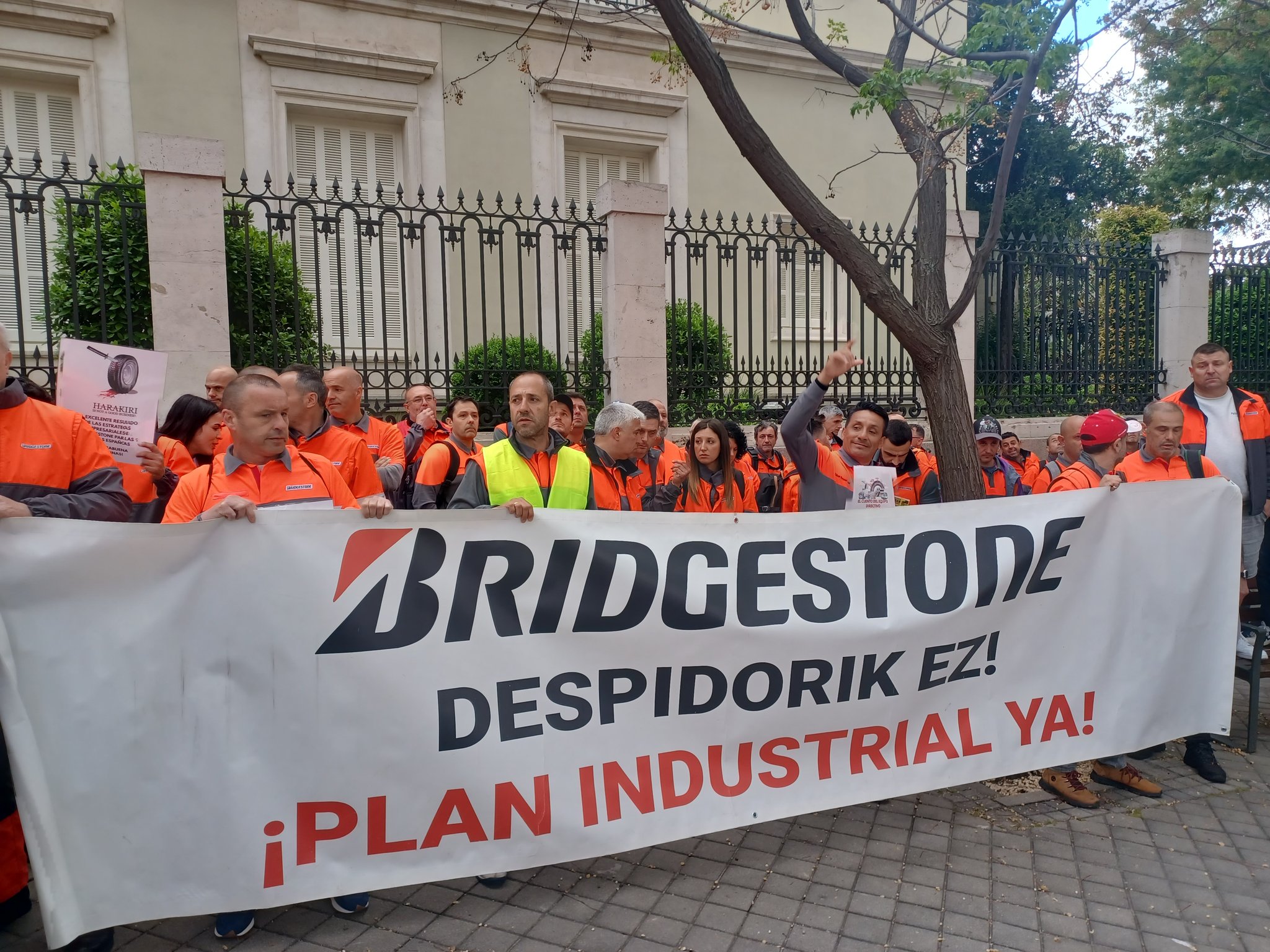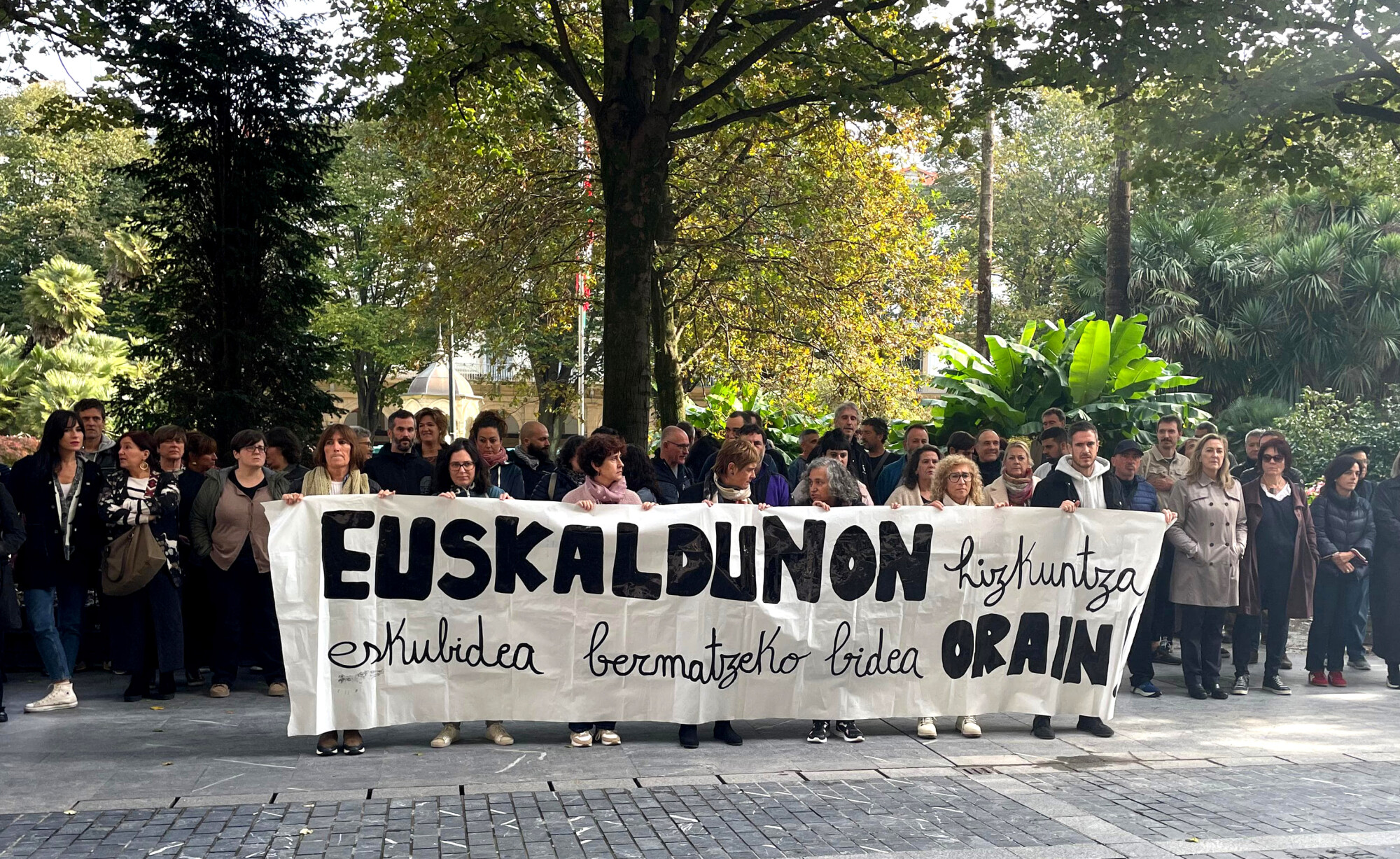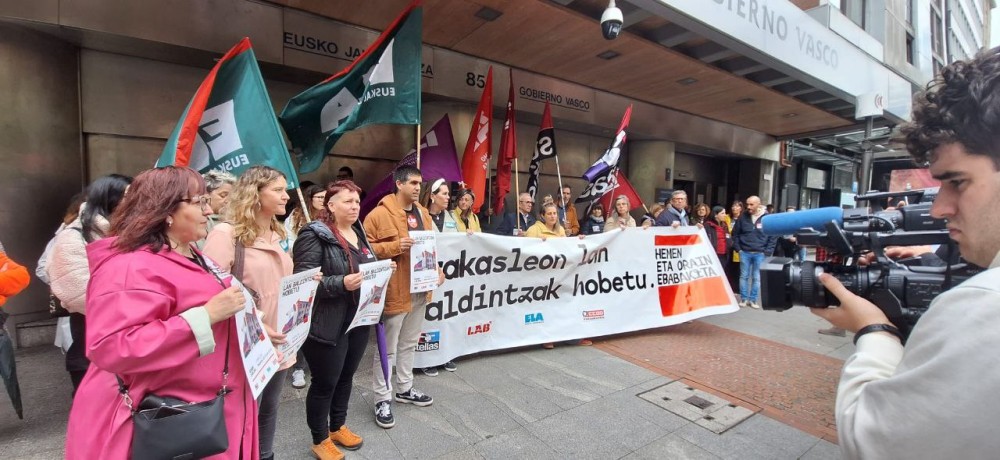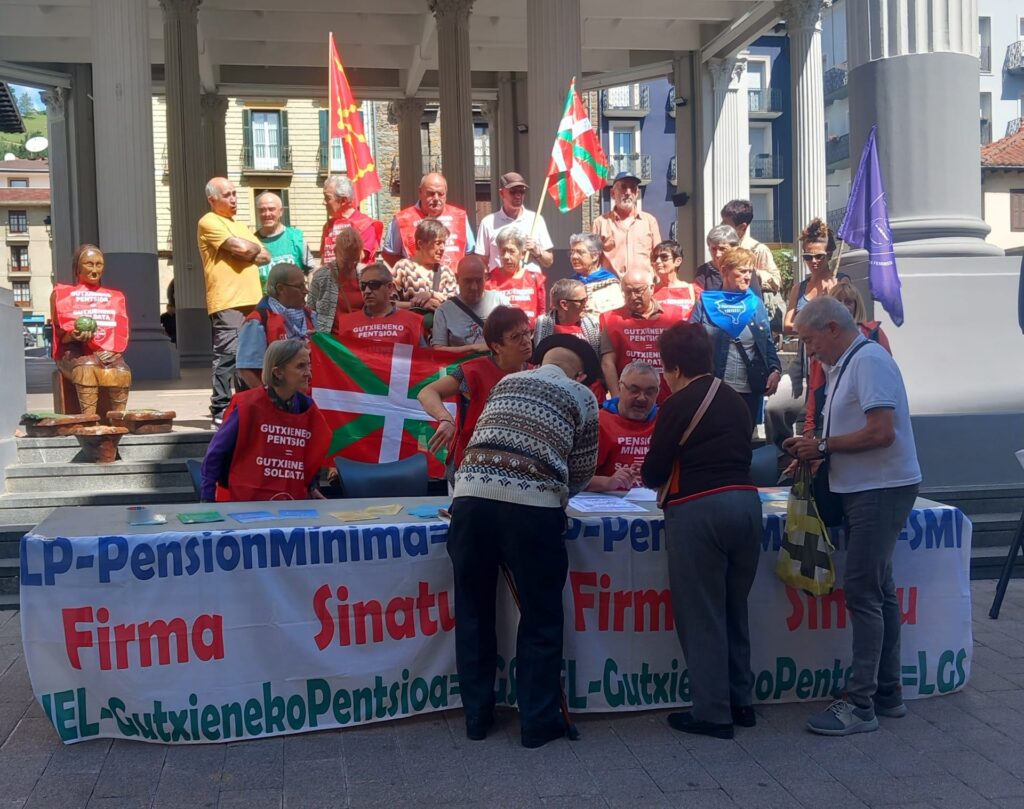Despite knowing that the bubble can explode, El Salvador turns vitcoine into official currency.
- Against the will of the people and at the expense of the councils of the international financial institutions, President Nayib Bukele has made his wish a reality: Virtual money called bitcoin has become the official currency of El Salvador. States would not control the anarco-capitalists who were at the base of crypto dreams with a currency. They have achieved the objective, we are in ultraliberalism, and they have also formed the paradise of those who would like to enrich themselves by speculating. With Bitcoin you can win a lot, but you can lose a lot. Many economists claim that the speculative bubble will soon or later burst.
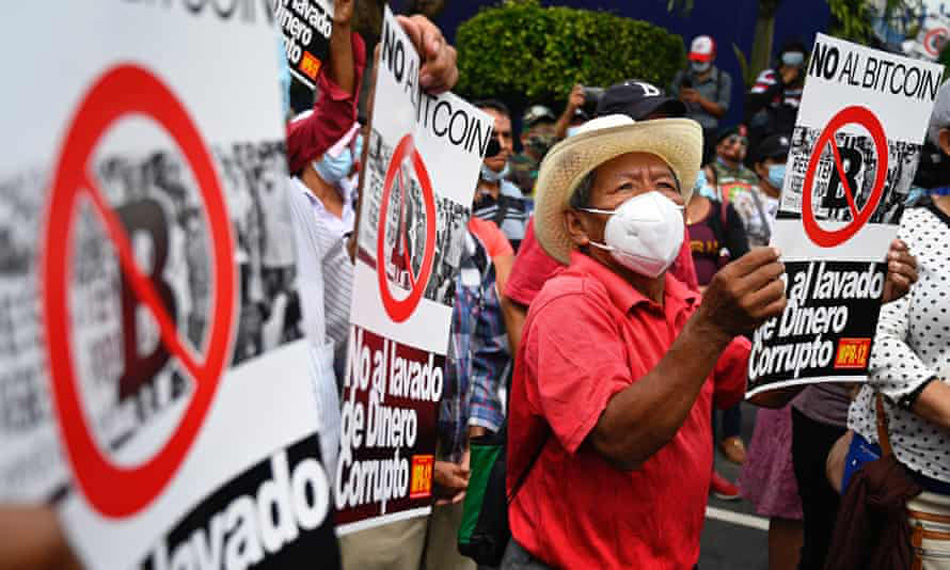
Bitcoina became the official currency of El Salvador on 7 September. It is the first time that a State has official as its currency the virtual currency created the day after the financial crisis of 2008. This was not wanted by the citizens – 70%, according to the polls – there were many economists who also had the red alarm, and the powerful international financial institutions did not see the decision well – the International Monetary Fund and the World Bank publicly regretted the objective of the Government of El Salvador. However, President Nayib Bukele voted on the Bitcoin Act on June 9 and on September 7 made it legal. Anyone who created and uploaded the "Chivo" app to be able to pay for it with Bitcoin, got the $30 rank in cryptocurrency, and about 200 Punto Chivo lockers have been installed, some of which have not lasted long because they have burned more than one protest against it.
You might think that the currency would take value on that day presented as "historic," but not: from $52,000 at the beginning of the day to $46,000 at the end of the day. Thus, El Salvador lost $2.7 million in 24 hours to buy 550 bitcoin at $28.4 million. Citizenship also felt market fluctuation: "How do I start the day with 30 dollars and end with 28 dollars, knowing that I haven't spent the money on anything?" They were asking on social media. Somewhere this fluctuation is the lateral damage of the cryptocurrency background, and you can't avoid it.
But what is vitcoine and what are the 6,700 cryptofunds obtained internationally? Can this new step in the financial sphere be explained in a simple way? Unlike national currencies, cryptocurrencies are not printed or there are states, i.e. central banks to control and regulate trade. The absence of fraud is ensured by algorithms: in buying a bitcoin, the members of the cryptocurrency network, called miners, receive the information with a mathematical calculation that must be right as soon as possible, at this stage called Proff of work or "Work Test". The invention of calculus involves the creation of vitcoine, rewarding those who have clarified the calculus as well as with bitcoin, and ensuring that the transaction is real and sincere. In the end, the Proff of works fulfil the role of central bank – the activities of computers entail a huge ecological cost (this border will be dealt with in the next Nearby Net). However, the amount of bitcoin is limited to 21 million, programmed by the anonymous creator, behind the nickname Satoshi Nakatomo. Today 80% of the vitcoins have been produced and, following the algorithms, the last one will be generated in 2140, clearing production until then. The value of cryptocurrency is changing at all times depending on demand and supply: when fewer buyers have less value and vice versa, when more buyers have more value. Just like in the financial market, fear, rumor and imitation have a big weight in the sphere of cryptocurrencies, and because there are no regulatory mechanisms, value goes from one side to the other, making real the risk of a cra. On 7 September, although Buel believed the value was going to increase, it decreased, stealing the Salvadorans from the $2.7 million range. Welcome to ultraliberalism, a real virtual reality dreamed of by speculative capitalists.
Go up the villages of the south
Well, Buel continued to praise his: "Like all innovations, the process of bitcoins also requires a learning phase. All the paths for the future are like this, and not everything will be achieved in one day, not in one month. We have to break the paradigms of the past, El Salvador has the right to go to the first world." It therefore sees vitcoine as a means of access to all the rich countries of the North.
This decision would save US$ 400 million for the Salvadors, since in the event of a bitcoine choice, bank charges on the sosas sent from the diaspora will be much lower. The Diaspora has a great weight in this small town of 6.5 million inhabitants: Its contribution represents 22% of GDP. Moreover, the president insists that those who do not have a banking service could use vitcoine (70 per cent do not have a bank account in El Salvador).
Cryptocurrencies: developing countries provide fertile ground ("Cryptocurrency: fertile land of developing countries"), published by the Financial Times, reveals that cryptomonkeys have a good reputation in a lot of southern peoples. Following the classification of Chainalysis, which studies the sector, almost all are developing countries, except the USA, among the top 20 users of these coins. Sub-Saharan Africa is where the biggest bitcoin exchange occurs. In other words, in those countries that have a poor financial and banking system, because the only thing they need is Nigeria, which suffers inflation, El Salvador, which depends on the local currency and the dollar, and Lebanon, which suffers a severe financial crisis.
The decision of the Government of El Salvador will not generalize the use of vitcoine, according to economist Cesar Villalona: "Vitcoine on the street is not used or used. Finally, they are in order to achieve their objectives: For the ATM business of "Chivo", speculation of a few rich and money laundering dirty. In general, its use is not frequent in daily transactions and does not fully fulfil the three functions associated with the currency (means of exchange, means of maintaining the reserve value and unit of computation of the value), because it is just too variable. However, the lack of control and anonymity allow the objectives listed by Villalona.
Most respondents say that an early or late violent craca will occur. Among them is the researcher and computer scientist David Golumbia: "It's a speculative bubble. Recently, a bitcoin was worth 20,000 dollars, today 4,000 dollars. The bubble will burst, and I think it's good news, because it's going to keep a lot of people from losing money by investing in vitcoine." The peoples of the South should follow the position of the peoples of the North and act carefully, for the coup will be brutal when the system grows.
A few weeks ago, the President of the European Union, Ursula von der Leyen, reported on the need for military spending of eight hundred billion euros. This expenditure is said to be in response to a military threat to which Europe is exposed, and it has been confirmed that there... [+]
Euskadi markak, eraikuntza sektoreko ekonomiaren estrategian, “industrializazioa” mantrarako hitz gisa hartu duela jakinarazi berri du Eusko Jaurlaritzak. Etxebizitza publikoaren eraikuntzan industrializaturiko prozesu eta elementuak lan guztien %65a izatea... [+]
As we explained in our book on adaptation, in view of the decline in European military spending since the late 1980s of the last century, at the beginning of the 21st century European death traders decided to organize themselves and structured themselves as lobbies imitating the... [+]
I found the old news on the LIGHT ephemeris channel: On April 23, 1918, Irish workers went on a general strike in I. Against forced recruitment for World War II. Thanks to the response of the workers and independence supporters, Britain was forced to retreat.
We don’t have to... [+]














